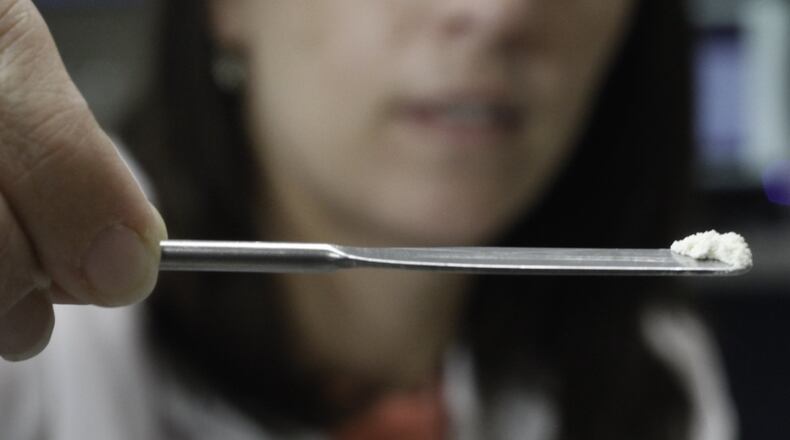Families’ lives are forever altered — parents, children, loved ones now face an indescribable, senseless loss. Addiction (substance use disorder) is a disease recognized by the American Medical Association, not a moral failing, lack of willpower or stubbornness. Yet the stigma prevents families from seeking help; they are embarrassed, maligned or shunned because of their family member.
Many in recovery need structure to maintain sobriety, yet many support meetings, counseling, employment and educational classes have been canceled, reduced or switched to streaming. The isolation, lack of structure and financial stress caused by the pandemic has a significant negative impact on those in recovery and those seeking it. When that structure is removed, the results can be deadly.
Additionally, those who are perhaps “functioning alcoholics” or able to barely maintain their drug addiction at work, find themselves with entire days in which there is no accountability. COVID-19 causes more than virus deaths. It causes overdose deaths.
FOA Families of Addicts is unique within the recovery community because those struggling with addiction, those in recovery and the families who love them meet together, currently via Zoom.
The most neglected component in the fight against substance use disorder is how it affects families. There are so many unknowns when the family member starts this journey, and answers often lie in shared information from others who have lived through it. Meetings involve open discussion and speakers/workshops on relevant topics, which contribute to an understanding of this disease and how it can be treated.
Family members are often blindsided by a loved one’s addiction, with no idea how to cope. How can they access help for that person? How do they deal with relentless demands for money, lies, thefts? How do grandparents adapt to raise grandchildren because of this?
How can people in recovery (many now with criminal records), upon returning to society, deal with the stumbling blocks to get jobs, find housing, pursue their education and more?
FOA’s relationships within the addiction, mental health and other community and government agencies helps locate and facilitate assistance for those dealing with these issues.
Many people do not know how to access residential and outpatient treatment options. Often it isn’t until a non-fatal overdose occurs that treatment is arranged. FOA Families of Addicts is a connector to treatment, works with and is respected by treatment providers and many others within the addiction field. This an area in which FOA excels but for which it receives almost no funding.
Public funding and insurance exist for treatment programs. Because FOA connects people to treatment but does not provide treatment, many funding sources are eliminated. FOA relies heavily on individual donations; however, they struggle to make ends meet.
People who have no personal experience with addiction may not understand how substance use disorder affects their families.
However, there is a personal financial burden placed on everyone. Taxes support overburdened foster programs, overburdened first responders, medical care and more. There is a financial cost to the business community in terms of poor attendance, accidents by impaired employees or simply underperformance. Whatever the reason, FOA Families of Addicts helps our community diminish the devastation that addiction causes.
Sandra Woodruff is the President of the Board of Directors of FOA Families of Addicts. She is a former college math instructor who became involved with FOA to help and better understand a close friend’s addiction. Call 937-329-2865, email AnitaK@FOAFamilies.org or visit FOAfamilies.org. for more information on FOA.
About the Author

